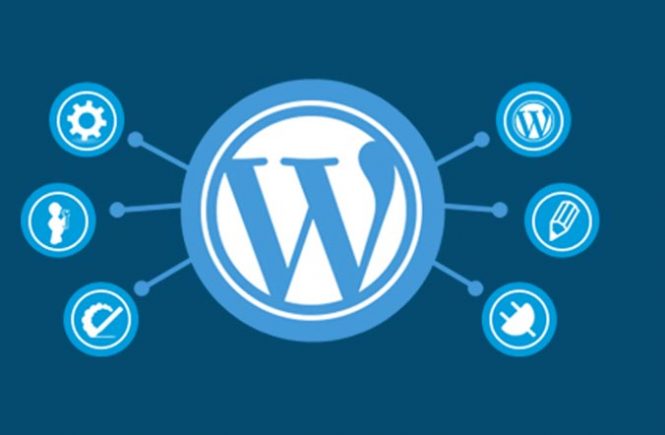eCommerce is a growing industry, and there are numerous ways to build an online store in the modern world. However, WordPress remains one of the most popular, and most effective online store builders – but only if you know what you’re doing.
Luckily, there are a lot of great resources out there to help you build your own eCommerce store. I’ve drawn on a few of the best to put together this ultimate guide to building an online store with WordPress. Although it’s short, it includes all the basics that you need to know.
Start By Choosing A Reliable Hosting Provider
The first thing you want to do when you’re building an online store with WordPress is find a hosting provider which is both reliable and which can cope with the needs of an online store. Don’t be tempted to go with a base-level shared hosting plan. Instead, look for something a little more expensive. In the case of hosting, you definitely get what you pay for.
Then, Choose A Design
Unfortunately, your store design will depend on your budget to a large extent. If your budget is limited, then you will probably have to use a free or cheap premade theme. However, if you can afford it, I’d definitely recommend paying a developer to put together a custom theme for you.



